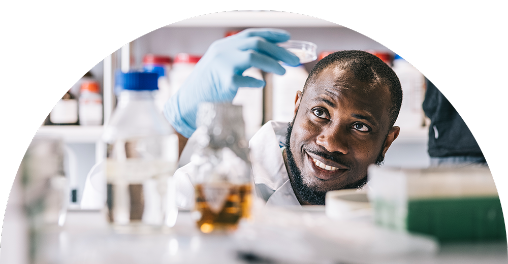A team of Chinese scientists from PLA General Hospital, Hunan Provincial Maternal and Child Health Care Hospital, and the First Hospital of KunMing used Bionano to analyze balanced reciprocal translocations (BRTs) in patients with subfertility. This study found that Bionano was 100% concordant with the standard of care for the detection of balanced reciprocal translocations and demonstrated that Bionano had potential clinical applications as a rapid tool to screen patients with BRTs for underlying genetic causes of infertility and other diseases.
BRTs are common chromosomal structural rearrangements formed by random de novo breakage and rejoining of two or more chromosomes. Approximately 1% of individuals who carry a BRT are subfertile from either implantation failure or miscarriage of an established fetus. Translocation breakpoints may perturb important genes required for normal fertility, reducing reproductive potential and the chance of achieving pregnancy. Karyotyping, the current standard of care method, does not have the resolution to determine whether the breakpoints of the involved chromosomes perturb genes important for fertility. The aim of this study was to apply Bionano genome imaging to patients to ascertain whether the BRT disrupted any genes associated with normal fertility.
Nine infertile patients were diagnosed as reciprocal translocation carriers through karyotyping. After analysis with Bionano, all nine BRTs were identified, and the breakpoint regions were finely mapped to small regions around 10Kbp. The disrupted genes FNDC3A, NUP155, DPY19L1, and BAI3 had known associations with male infertility. The sole exception was SPPL2A, which encodes an aspartic peptidase expressed in most tissues. It was disrupted in one sample and wasn’t previous associated with infertility.
The authors not only illustrated that the Bionano Saphyr system was a useful and rapid tool for refining the translocation breakpoints to the gene level, they also addressed the potential application of selecting embryos for infertile patients receiving IVF based on Bionano analysis.
A previous study on prenatal testing for FSHD already demonstrated a role for Bionano in reproductive health. This current study adds to that and shows that Bionano is a highly reliable and fast tool for detecting structural variants relevant for families struggling with infertility or genetic disorders.
Read the entire study in the Journal of Assisted Reproduction and Genetics.
